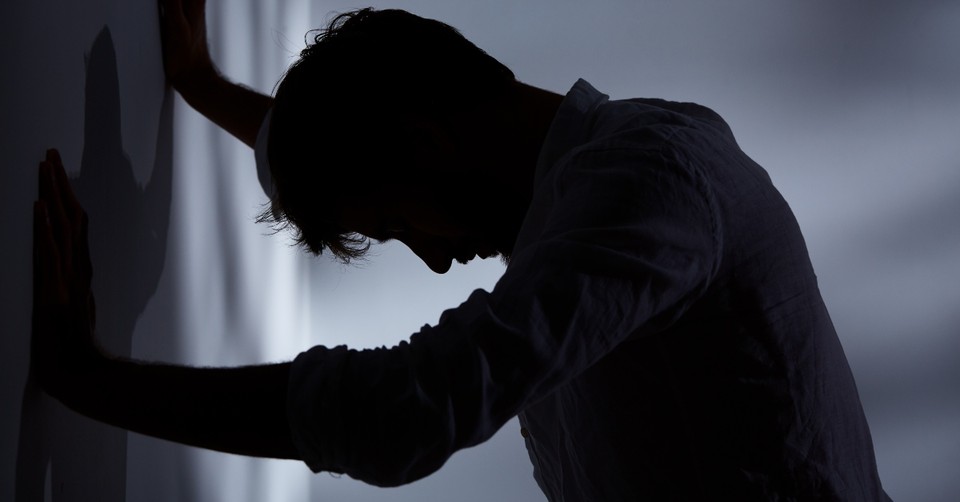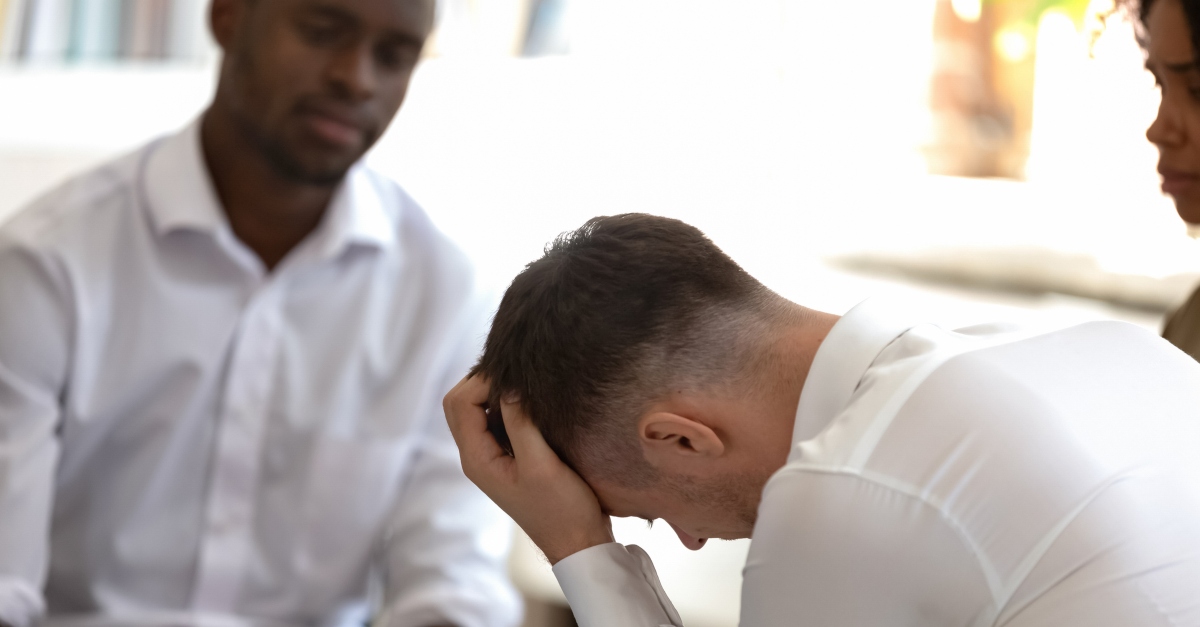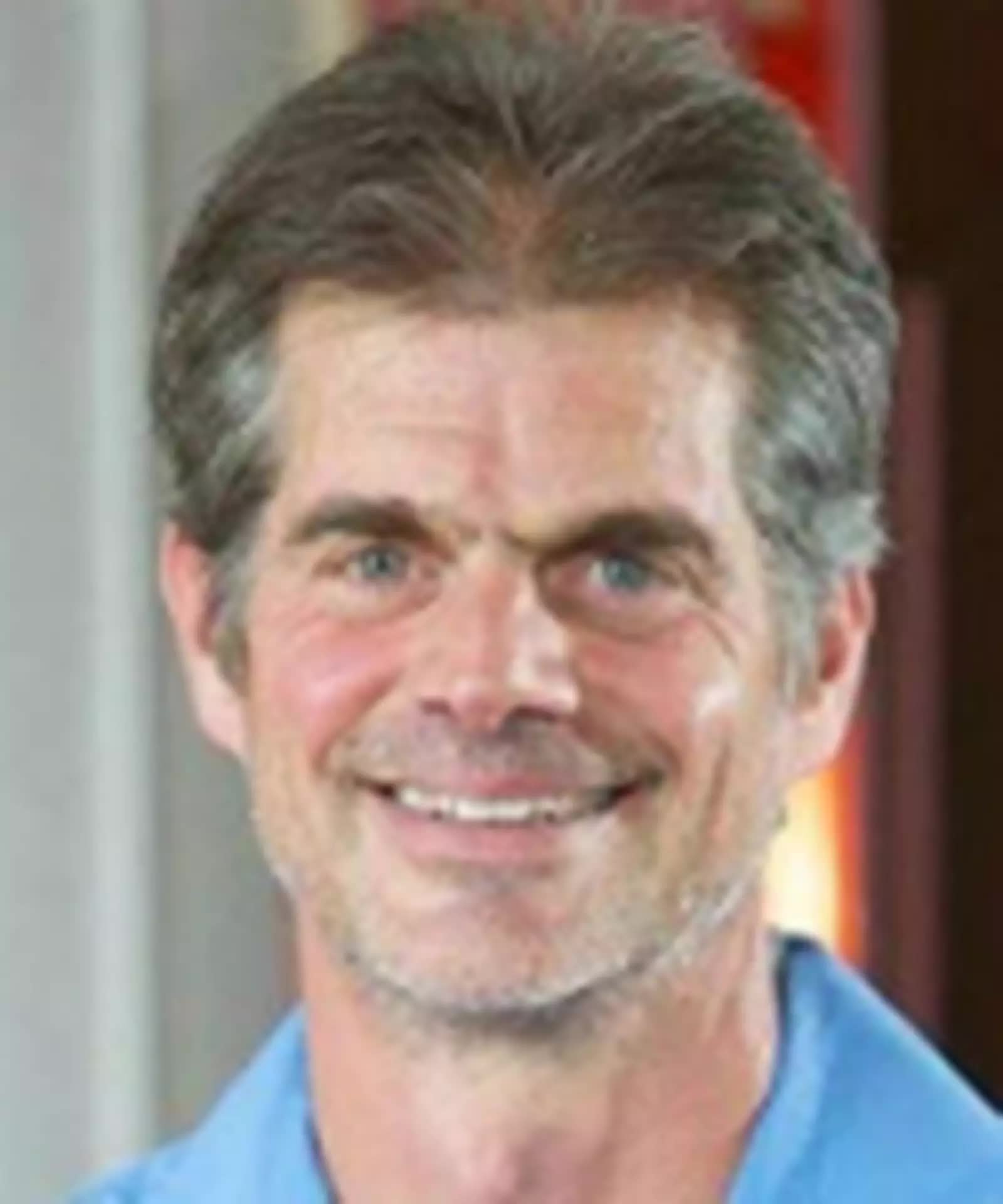Abortion's Unrecognized Trauma Victims: Almost Fathers

Greg Hasek’s abortion experience was like that of many men.
When his girlfriend decided to terminate her pregnancy, Hasek accompanied her to the abortion clinic. After the abortion, he did his best to support her.
But their relationship was doomed. After it ended, Hasek did his best to move on with his life. But he didn’t feel right. His behavior started to change. He got into drinking and illicit sexual activities.
Then he had a realization that most men don’t have: he recognized that his changed behavior was somehow linked to the abortion. He sought help. But he couldn’t find any.
Everyone Treats Abortion as a Woman’s Issue
“I spent five years looking for help,” says Hasek. “I went to crisis pregnancy center after crisis pregnancy center and had the door shut in my face. They said, ‘We don't have services for men. We only treat women.’”
Finally, he found a crisis pregnancy center in North Carolina that was willing to offer him assistance. He joined an all-female recovery group, becoming the first male ever allowed in such a group. That began his healing journey, which culminated in Hasek’s becoming a licensed counselor who specializes in working with men who are struggling with trauma, especially trauma from a previous abortion.
“Our culture, our society says that abortion is a non-male issue,” says Hasek. Greg Mayo, who experienced two abortions – one when he was 18 and the other when he was 22 – agrees. “No one talks about men and abortion,” says Mayo. “I saw a therapist once and, when I told him about the abortions, he basically said they weren’t a big deal.”
One reason most men don’t perceive that abortion is a men's issue is because men, according to Hasek, don't connect with the word “abortion” and perceive that abortion is the procedure that a female goes through.
“When you say a man has lost a child, has lost his opportunity to be a father to a child, and will miss out on all of the things that he could have done with that child, now you're connecting with how a man is wired,” he says. And that connection can unlock the door to recognizing unresolved trauma that is undermining a man’s relationships and leading to addiction or other destructive behavior.
Abortion Is Traumatic for Men, Too
It took 20 years for Mayo to recognize that he had experienced trauma from being an “almost daddy.” But he knew something was wrong right after the first procedure.
“I remember seeing the mother of my child’s face right after the first abortion,” he recalls. “Something was gone . . . in me too. I protested the abortion, but I realized not enough. And I was reeling for years with nowhere to turn.
“For the second one, she told me over the phone, because I was halfway across the country. I argued and pleaded and begged her not to kill my baby. Her response was, ‘It’s not a baby and it’s my decision.’”
“Every guy is wired to provide protection for his partner and his children,” explains Hasek. “God created him that way.” During a traumatic event, a man’s left brain often goes offline, so he does not act rationally. His right brain goes into a state of “fight or flight.” A man in an abortion clinic is wired to “fight,” which means to get up from his chair, to protect his partner from getting hurt, and to protect his child from getting hurt. But instead, he inhibits his natural fight response. And the damage that happens in that moment can be deep.
“As soon as he walks out of the abortion clinic, his left brain comes back on, and he starts to assess the situation rationally,” says Hasek. “‘What did I do? What happened? How could I let this happen?’ The reality of everything hits, and he feels the effects of his decision.”
As he left the abortion clinic, Hasek realized that his girlfriend was struggling, so he “went right into caretaking mode” for her. “That's all I could felt like I could do: care for her after the procedure,” he says. But caring for her did little to relieve his own guilt and shame.

Photo Credit: ©GettyImages/fizkes
Abortion Trauma Often Leads to Addiction
The vast majority of men never deal with the effects of the trauma they have experienced. And the unaddressed wounds can lead to challenges in relationships with women and, often, addictions, including sexual addictions.
“I developed a deep mistrust of women,” says Mayo. “My experiences with abortion impacted every dating relationship I had. Later, when I actually had kids, my experiences also impacted how I parented.”
On Hasek’s journey to healing from his abortion-related trauma, he got a degree in counseling and felt God calling him to help other men who have been through abortions. He specialized in sexual addiction and began to look for links between those addictions and abortion trauma.
“As I began to counsel men who were struggling with sexual addictions, I put a question on my intake form: Have you had an abortion experience in your past? One-third of the men answered ‘yes.’ I started thinking, ‘Okay, if a man has had an abortion in his past, and he hasn't dealt with it, maybe that's a possible trauma that's behind the presenting problem of sexual addiction.’
“Few men ever make the connection between past trauma – past sexual abuse, past physical abuse, a past abortion – and current sex addiction. But once they start to get sober from that addiction, once they start to stop medicating their pain and start feeling, they can begin to look at what may lie underneath the addiction. To make those ties back to a past trauma – abortion being one of them – is very powerful for a guy.
“For example, let's say a guy presents with an affair. He can't attach to his spouse. He can't attach to his affair partner. He has a problem with attachment. If he experienced an abortion, then his problem of attachment may be related to not being able to attach to the lost child that he would have had.”
Few Men Seek Help
Hasek feels that millions of men who have been through an abortion would benefit from counseling. But few of them seek it. About 80 percent of the people who seek counseling are female. And the other 20 percent, jokes Hasek, the other 20% are men who are being dragged there by their wives.
Why don’t more men pursue healing from trauma? “As boys grow up, they are told things like boys don't cry, you need to be tough, you need to be a leader,” says Hasek. “And then you enter into a culture that says men should be tough. They shouldn't seek help. They should solve their problems on their own.
“Add to that the fact that our culture invalidates male trauma in general. It portrays men as perpetrators of female trauma – sexual abuse, domestic violence, abortion – and not victims of trauma themselves. Where in the media do you see men portrayed as hurting versus aggressors? If everybody sees you as the problem versus hurting, guess what happens? Your symptoms come out in addictions, abuse, and aggression. Men are trapped. Their trauma is not validated, and they won't seek help for it.”
“The abortion conversation has been framed as a woman’s choice alone,” posits Mayo. “Many men, in a growing fatherless society, went along with the narrative. Couple that with the inherent shame that men report experiencing after abortion, and you have a recipe for silence.”
Sadly, some people, even Christians, compound that shame. “I’ve had pro-choice folks mock me for even talking about men and abortion,” says Mayo. “I’m told I’m playing the victim. And I’ve gotten a lot more grief from hard-core pro-lifers. I’ve been told there is no healing or forgiveness from God. I’ve been told I will burn in hell. I’ve been told I’m evil.”
But, overall, the response to Mayo’s message has been overwhelmingly positive. “People thank me for giving voice to men in the abortion conversation,” he says. “And folks – both pro-life and pro-choice – are really receptive to the message of healing.”
Sources of Help Are on the Increase
Hasek has been working for almost two decades to make people aware of the effects of abortion on men. In 2004, he organized the first U.S. men’s summit on how abortion affects men. In 2005, he helped start the Men and Abortion Network, which seeks to increase awareness of how abortion affects men and to provide resources for men to heal. Today, he and Mayo serve on a Men’s Task Force at Support After Abortion, with a goal of driving the conversation and creating and promoting healing materials and programs.
The concept that men experience trauma as a result of abortion has “started gaining traction” in the past few years, according to Mayo. Abortion recovery groups for men have formed in about a dozen cities across the U.S.
Two resources that promote healing are books by Mayo. After writing Almost Daddy: The Forgotten Story, a novel about a young man’s experience with abortion loss, Mayo wrote Almost Daddy: A Men’s Guide to Healing after Abortion. The latter is based on 12-step programs and walks a man through the process of healing abortion wounds.
“It has been well received,” says Mayo. “Today, I am working on a webinar series around that guide to train group leaders how to lead Almost Daddy small groups.”
Hasek continues to encourage men to find healing through counseling. He maintains that counseling is not just a good idea from a mental health standpoint but also a demonstration of Christian leadership.
“In Ephesians 5, Paul commands men to love their wives as Christ loved the church, and to lead by example,” says Hasek. “But the man’s role as the leader is not happening in the counseling room. If we're going to follow God's intention for the male leader, it should be a strength to enter a counseling office, not a weakness. What a wonderful leadership role to lead your wife to a place of help!”
Once men experience solid Christian counseling – grace instead of judgment, empathy for what they're going through, and, ultimately, healing – most say that they wish they had gone to counseling a long time ago, adds Hasek.
Photo Credit: ©Getty Images/KatarzynaBialasiewicz

Originally published June 27, 2022.




